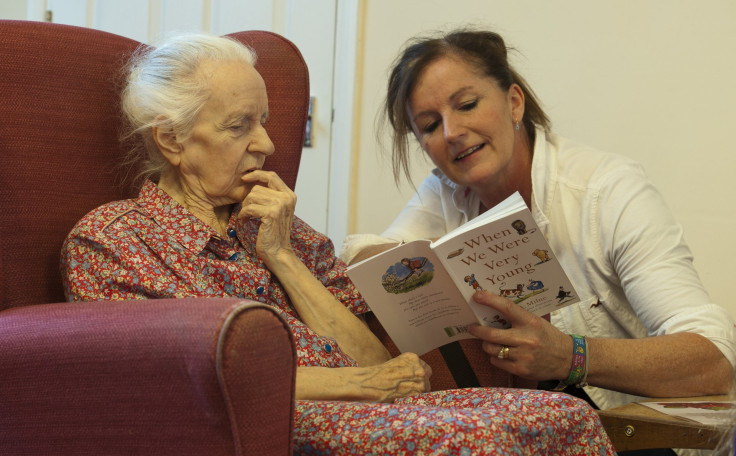What Is Sundowning? Tips To Help Dementia Patients Deal With The Symptoms

Dementia is often associated with changes in thinking, memory, reasoning and behavior. Some dementia patients tend to become more confused, agitated and anxious in the evenings. This phenomenon is described as sundowning.
Although sundowning is not a disease, the patients may suffer from a series of symptoms:
- Shadowing – the patients tend to follow the caregiver wherever they go
- Insomnia or decreased sleep
- Pacing or rocking in a chair
- Agitation and confusion
- Irritability
- Yelling or crying
- Hallucinations
- Disorientation
- Infection or illness
Around one out of five people with Alzheimer's get sundown syndrome. Some elderly people who do not have any kind of dementia may also suffer from the symptoms.
The increased confusion, wandering and lack of sleep become frustrating for both the patients and the caregivers. So, it is important to understand the factors that contribute to sundowning.
- Low lighting
- Side effects of medications
- Being hungry or thirsty
- Depression
- Being bored
- Pain
- Overstimulation during the day
- Disrupted sleep cycle
Tips to help patients with sundowning
1. Find the underlying cause - If the symptoms are due to an infection or side effect of a medication, they can be corrected by discussing it with a healthcare provider.
2. Help them have a healthy daily routine - Getting up and sleeping at regular times and having light exercise during the day might help the patients to have reduced symptoms. Caregivers can schedule the patient's outings, visits and bath time to an earlier time in the day so that they feel less stressed in the evenings.
3. Help them to avoid thi0gs that affect sleep - Avoiding caffeine, alcohol and smoke can help combat insomnia. The patients should not be given heavy meals at night and should limit their naps before bedtime.
4. Create a calming environment - Caregivers can ensure the patients have a comfortable environment. Bringing in more light to the room and having less loud noises around can help the patients. Simple steps like putting on relaxing music or encouraging them to read or go for a walk can help them to be calm.
5. Know how to react - Caregivers need to know how they should react when the patients show increased aggression and anxiety. Staying calm and having a reassuring conversation can help agitated patients to calm down.



























